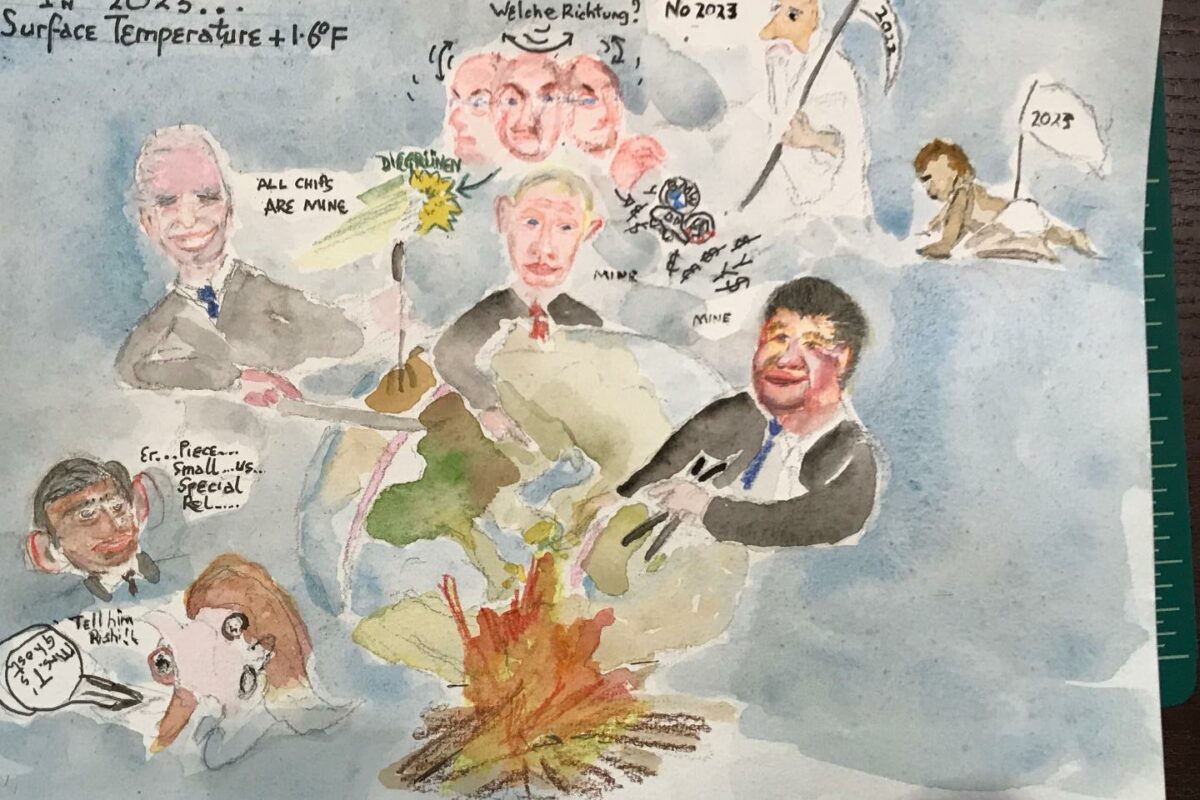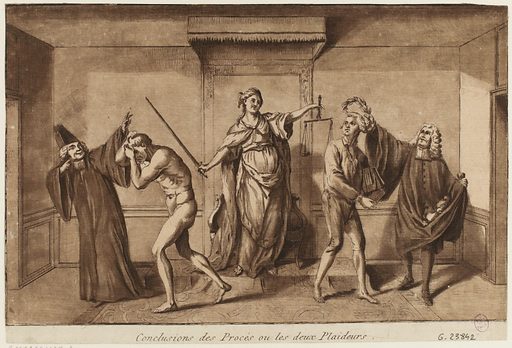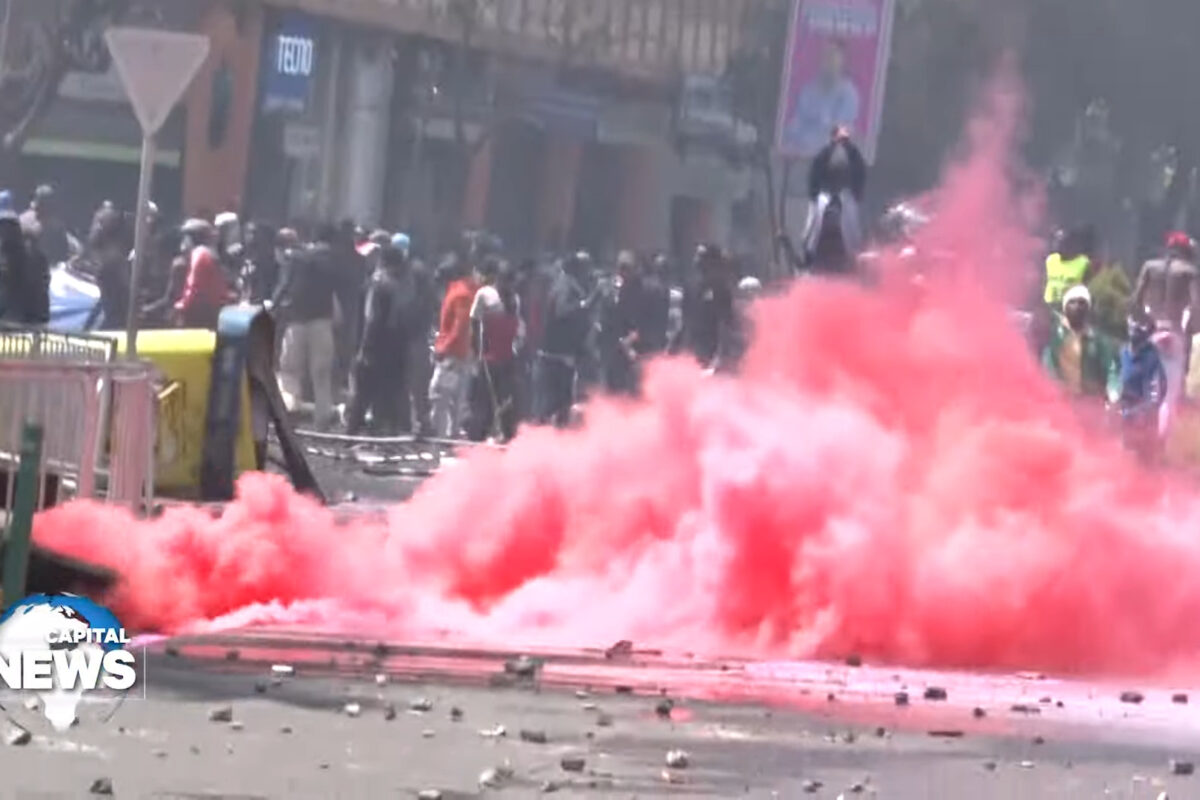Introduction
2022 was dominated by the triple threat: The third Covid year, Russia’s invasion of Ukraine and rising inflation. We saw continued growth of the European far right, with election success in Sweden and France and news of a failed coup in Germany. Ongoing struggles, such as those against climate catastrophe, for affordable housing in Berlin and for international abortion rights continued. Other fights, like those for Trans rights, and women’s and national rights in Iran, intensified.
We covered all this and more on theleftberlin.com, go to our substantial archive to look through those articles. Subscriptions to our weekly Newsletter also rose this year by about 50%, to 1.235 people receiving the Newsletter every Friday lunchtime. You can subscribe here. We continued Radio Berlin International, launched at the end of last year. Old broadcasts are here.
We look forward to a busy 2023. In the first half of the year, we hope to organize our Third Left Journalism Day School. We hope that this time we can also cater for an audience outside Berlin. We also look forward to making a presentation at the LINKE Internationals Summer Camp in June.
This article concentrates on the 10 most viewed articles of the past year – that is, articles in which our audience was particularly interested. We hope that you enjoy them.
We welcome new people to help create our website and Newsletter – from writers and translators to web designers and people active on social media. For more information please contact us at team@theleftberlin.com.
Here’s hoping for a fighting new year.
Phil Butland, Commissioning Editor, theleftberlin.com
Most Read Article – The Worst Hoax Ever (June, 8279 Views)
The jury ruled that Amber Heard had defamed Johnny Depp. Jacinta Nandi argued that Heard was the real victim, of her abusive ex-husband, and a hostile press. Jacinta said that a common response that “they’re both as bad as each other” evaded a crucial debate around women’s rights, and our first instinct must be to oppose misogyny, and believe rape victims.
Heard was guilty of saying that she had spoken up against sexual violence, had become a public figure representing domestic abuse; and of saying how institutions protect men accused of abuse. Heard did not mention Depp in the offending article, but she was still found guilty.
Sample quote: “This trial wasn’t actually a rape trial or a domestic abuse trial – Amber Heard has not been found guilty of abuse, but liable for defamation. Depp’s legal team behaved as if it was a rape trial from the 80s or the 90s, when defence lawyers were allowed, or even encouraged, to emotionally destroy the victim on the stand.”
2. Lying Whore, Lying Whore, Lying Whore, Lying Whores: Amber Heard and Women’s Right to Bear Witness (August, 5374 Views)
Two months later, Jacinta Nandi returned to give an update. This focused on accusations that Amber Heard lied.
Jacinta re-examined the behaviour of Depp and his lawyer after the trial, and their misogynist victim-blaming language. Heard, was vilified for things which she never said; while Depp, declared that saying he’d like to rape her burnt corpse was proof of his love of Monty Python (Spoiler: raping dead corpses does not appear anywhere in Monty Python shows).
Sample quote: “The misogynist backlash towards #metoo, Amber Heard and all victims, male or female, is as duplicitous as it is evil. The world calls her a liar, but in fact, she is being punished and humiliated for speaking truth to power.”
3. Where to now with the €9 travel ticket? (August, 5050 Views)
The €9 train ticket was introduced to Germany at the beginning of June and then, 3 months later, it was gone. Phil Butland argued that although the ticket was to be welcomed, press reports that Germany had permanently reduced travel costs were misguided, and as it was temporary it was never a serious environmental measure.
The ticket was a post-election manouver by a new unpoular government following doubling the defence budget. There were short-term benefits for both the environment and poor people – but these were temporary. The success of the ticket made a greater possibility of a fight by rail unions and passengers for something more permanent.
Sample quote: “On a local level, the chance of change is higher. Giffey recently experienced a turbulent party conference, where she was re-elected as SPD leader, but only with 59% of the vote, despite there being no challenger. This is an incredibly low vote, and she needs to offer something to restore her popularity. .. She may just be forced to deliver.”
4. Exclusion of People of Colour (PoC) Academics in Germany (November, 2547 Views)
The exclusion of Palestinian academics and those from the Global South from German academia is not new. In November, the award-winning Palestinian author Hebh Jamal, based in Germany, updated us on the situation on the Berliner Zeitung. The newspaper refused to publish a corrective article without significant changes, which Hebh rejected. We exclusively published the uncensored version on theleftberlin.
Even progressive and anti-colonial institutions have ignored voices from the Global South. Hebh looks at the exclusion of the Zimbabwaen-American academic Zoé Samudzi from a book on a recent forum in Potsdam. This is not an isolated event, for example attacks on Palestinian academic Anna-Esther Younes and German PoC authors Kerem Schamberger and Ramsis Kilani.
Sample quote: “they’re only interested in this narrow and particular understanding of what citizenship is, what it means to be a German and what their political responsibility to the Holocaust is – even when they purport to be concerned or interested in the colonial question. The only interest in talking about the OvaHerero and Nama genocide is to relativize it to the Holocaust.”
5. Documenta Racism Crisis (August, 1332 Views)
The Documenta15 exhibition in Kassel provided another example of Germany censoring pro-Palestine artists. A long-standing campaign against Documenta by the AfD resulted in a parliamentary debate, and government politicians intervened to ban some exhibits. Artists were abused for support for Palestine and the BDS (Boycott, Divestment, Sanctions) movement.
We interviewed Hamja Ahsan, one of the censored artists. Hamja pointed out that liberals are keen to include voices from the Global South, but are quick to crack down on anyone who deviates from a very limited approved narrative. He called on German activists to stand up for Palestine.
Sample quote: “The German media have produced a picture that has nothing to do with reality. You go to Documenta expecting to see 1930s Germany, a second Holocaust, and all these very weird things. But the exhibition is actually getting tens of thousands of visitors a day. It’s a very joyous occasion… But this time, everyone seems to have been fooled and the AfD have recruited pro-Israelis. It was strange to see the grandchild of Hitler’s finance minister calling us extremists.”
6. “In Germany, we really have an issue with calling a Nazi a Nazi” – Interview with Antifascist Music Alliance (February, 1000 views)
The Anti-Fascist Music Alliance (AMA) was formed as a response to sympathetic coverage in the Berlin music scene for Vatican Shadow, a known fascist sympathiser. Despite venues like Berghain having a reputation as being progressive spaces, and despite anti-racist initiatives like AfD wegbassen, statements that the scene is “non-political” means the acceptance of far right forces.
At the beginning of the year, we spoke to Hansi and Catherine from AMA about their campaign to reclaim the scene. This had successes, such as the marginalisation of individual acts like Vatican Shadow, but has met little response from the music press. This has not prevented the AMA from building a grassroots movement active in Berlin.
Sample quote: “It’s hard for small artists to sign something that could be harmful for the lift off of their career. But what I would love to see is the ones who are already up there, the ones who are huge, the ones who have been posting for two years now after 2020, specifically about being allies and standing against any form of discrimination against marginalized identities.”
7. Berlin Police Attack Demonstrators Mourning Shireen Abu Akleh (May, 995 Views)
On 15th May, Nakba Day, people gathered at Hermannplatz in Neukölln for a peaceful protest. They were greeted by kettles, police violence and mass arrests. Those arrested were issued fines of around €300 for being there. Phil Butland reported from the action, and spoke to several who were arrested and activists.
Phil argued that the police’s strategy of guilt by association, used to issue blanket bans on anything related to an issue (here Palestine) had worrying implications that went beyond Middle East politics. Although the German Left has traditionally been weak on Palestine, recent interventions by organisations like Fridays for Future show that there is a very real basis for building a wider movement against the repression.
Sample quote: “it is time for the German Left to take a stand. I don’t believe that most German socialists support the murderous Israeli state – more that because of their country’s history, they are hesitant to say anything at all. But heavy policing used against Palestinians now will be used against us later. To misquote Pastor Martin Niemöller, first they came for the Palestinians – do we really want to have nobody on our side when they come for us?”
8. Imperialist Danse Macabre over the Peoples of Ukraine (January, 878 views)
No issue provoked more mixed feedback than Russia’s invasion of Ukraine. Our coverage has been accused of being too close to Putin, and being too ‘close to NATO’, of being ‘Stalinist’, and too ‘liberal’. One e-mail accused us of not covering the war at all. But our editorial board has a range of opinions, and we have tried to provide a breadth of coverage which is in thrall neither to Putin nor to German and US militarisation.
Our most popular article was this one by editorial board member Hari Kumar. Hari argues that Ukraine’s strategic value means that it has been a battleground for East-West rivalries for decades. This means that while Putin’s invasion is to be condemned, it is the latest act in a standoff between different ruling class forces which has continued after the formal end of the Cold War.
Sample quote: “Invariably rivalries become clearer. US imperialism will face off at some time in the coming decades against a coalition of the two imperialisms of China and Russia. Probably now is not that time. Yet, it is ever clearer also – that the working class – has no independent party of strength in either those countries or in Europe.”
9. “Romantic relationships are a lifestyle choice” (October, 837 views)
Feminist authors Jacinta Nandi and Nadia Shehadeh got together and swapped notes. They met after the release of Jacinta’s new book Fifty Ways to Leave your Ehemann. The discussion started with the continued inequality between men and women in relationships, and the difficulties many women have in leaving a bad marriage, particularly single mothers.
Jacinta and Nadia talked about girlboss feminism and class limits to choices; the Heard-Depp case; and how famous men like William S Burroughs, JD Salinger and Charles Bukowski are given a better ride by the media than their partners. They hope for a new, stronger, movement for women’s rights.
Sample quote: “I think women should just leave their husbands! If they’re violent, but also if they’re lazy. Or even just because they’ve fallen out of love. They should leave. But what I found out writing this book is that there’s no ‘just’ about it. It’s hard. Society – institutions like the tax office, the job center – society makes it hard to leave.”
10. Berlin Demonstration Bans are Linked (May, 817 views)
The arbitrary arrests on Nakba Day (see above) were not the first example of the Berlin police “cancelling” Palestinians and their supporters. Two weeks before the arrests, Phil Butland looked at 3 other recent demonstration bans. These were extended to a demonstration organised by Jewish activists commemorating the murder of Shireen Abu Akleh (Palestinian journalist recently murdered by Israeli troops).
The various bans are linked – to each other, but also to Germany’s dominant anti-Palestinian racism. Police repression has increased following the election of SPD mayor Franziska Giffey on a law and order platform. Phil challenged the German Left to stop see Palestine/Israel as “too complicated” and protest against the recent clampdown.
Sample quote: “I was on the Berlin demonstration. There was a significant Jewish contingent and a lot of anger about the incident that provoked the demo. But the subsequent press reports did not mention the Israeli forces who had brutally and repeatedly attacked Palestinians praying in the Al-Aqsa mosque during Ramadan. Once more, a protest against Israeli aggression ended up in a discussion which was entirely focussed on alleged Arab antisemitism.”




